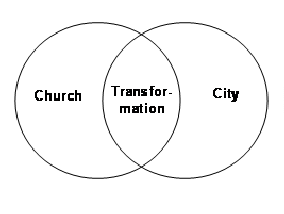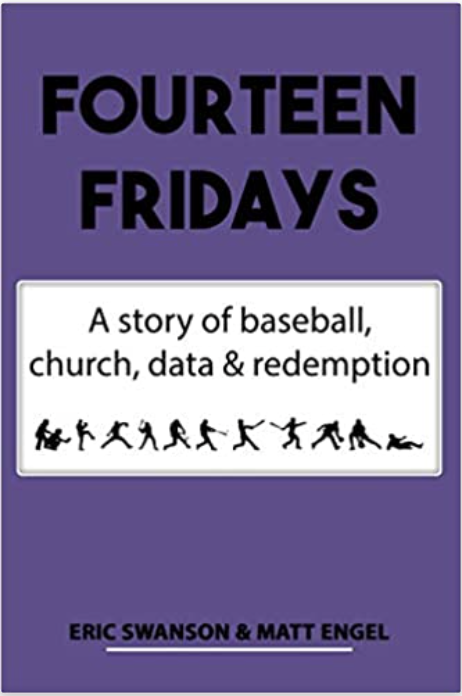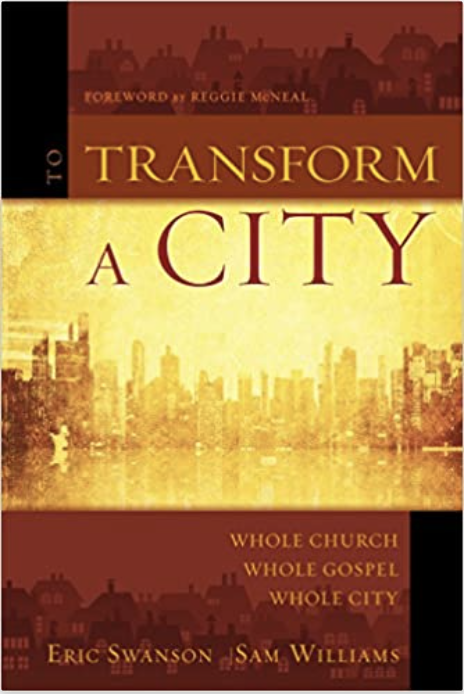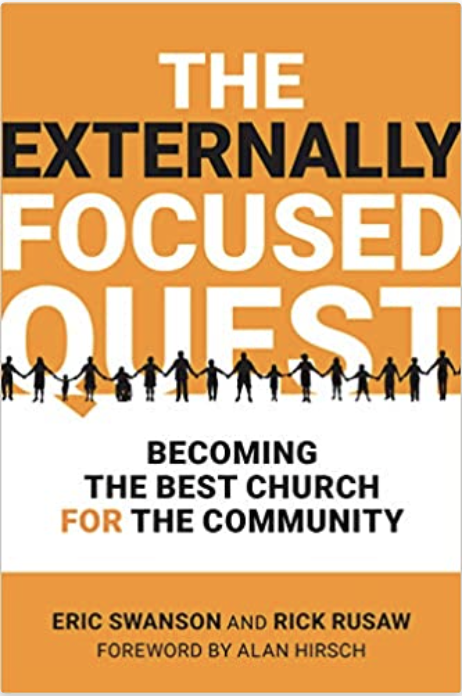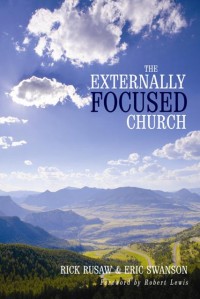What we can learn from Ecotones
 We’ve seen them but never known what they are called. They are those spaces between ecosystems—between forest and grasslands, between mountain forest and alpine life zone, between water and land between two bodies of water—any place where two distinct ecosystems collide and force adaptation and evolution. It is in ecotones where life happens and thrives “An ecotonal area often has a higher density of organisms of one species and a greater number of species than are found in either flanking community” (http://www.britannica.com/EBchecked/topic/178617/ecotone). Evolution does not occur within a stable ecosystem. Adaptation and growth happens only when the ecosystems come together. So let’s think about this, first on a personal level and then on a more global level.
We’ve seen them but never known what they are called. They are those spaces between ecosystems—between forest and grasslands, between mountain forest and alpine life zone, between water and land between two bodies of water—any place where two distinct ecosystems collide and force adaptation and evolution. It is in ecotones where life happens and thrives “An ecotonal area often has a higher density of organisms of one species and a greater number of species than are found in either flanking community” (http://www.britannica.com/EBchecked/topic/178617/ecotone). Evolution does not occur within a stable ecosystem. Adaptation and growth happens only when the ecosystems come together. So let’s think about this, first on a personal level and then on a more global level.
On a personal level, think of how marriage works: If one lives alone—in our own ecosystem, there is little potential for adaptive growth and adaptive change. I am content within my own ecosystem. But when we marry we collide with another ecosystem and it is this ecotone that is the Petri dish for change and growth. “I” and “you” become “we.” I can’t think about what’s best just for my ecosystem—to make my life work and she can’t think only about what’s good for her ecosystem to make her life work. We are forced through this collision to think about what makes “our” life work. And it is in the space of “we” where change and growth occur. “It is in this “we” ecotone where the two really do become one.
This diagram probably works for most any relationship where we allow ourselves to be influenced by others as much as we desire to influence them. Where do good ideas come from? According to Steven Johnson it is the ecotone of a pub or a coffee shop—any third place people can bring their half of an idea and find the other half in the ideas of others.(http://www.ted.com/talks/lang/en/steven_johnson_where_good_ideas_come_from.html). The agora is an ecotone of commerce and ideas. In Frans Johansson’s The Medici Effect Johansson posits that it is in the ecotone of ideas, cultures, and concepts that actually birthed the Renaissance by intermingling the best artists, architects, mathematicians and writers in the city of Florence.
This is the idea behind Leadership Network’s Leadership Communities and InnovationLabs where leaders come together with their own good and worthy contributions but (hopefully) leave with ideas and plans that never existed before because they could only have been birthed in this ecotone.
Now let’s think about the externally focused church and its collision with the city. As long as churches remain inside their walls, they, like a contented single, or a lone inventor, can think all is well, and the world is working according to plan. But once the church starts engaging in community, if it wants to transform community, it must be willing to be transformed by the community as much as it wishes to transform a community. A church cannot transform an area of cultural influence that it is not engaged in. If a church is unwilling to grow and change, it can never be an agent of change for the community. Every cross-domain collaboration changes those who are engaged.
Churches that are insular and isolated will remain in their own ecosystem…their own orbit. We will learn to engage culture only by engaging culture. New possibilities arise for the city and new possibilities for the church are given birth when ecosystems collide in this third space.



